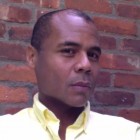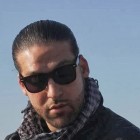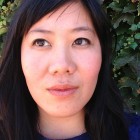Interviewed via E-Mail
September 17, 2013
Matthew Andrews, CA+T Interviewer
Clement Camposano, Scholar
Matthew Andrews: How did you become interested in studying Filipino labor migration and specifically the sending of goods by overseas Filipinos to their families in the Philippines?
Clement Camposano: With 10 percent of its national population abroad, the Philippines is actually one of the top three or four exporters of labor in the world. Remittances [money sent to relatives and friends who remain in the Philippines] have exceeded US $20 billion and are now over 10 percent of the country's GDP. It is safe to say that a majority of Filipino families today have members living and working in another country. Certainly, few other countries are being shaped more by labor migration than the Philippines. Many of the physical changes that you see today, both in the urban and rural areas, are due to labor migration. The effects touch everyone and are so far-reaching and quite profound that, really, it's hard not to be interested in labor migration.
Unfortunately, instead of accepting that the world has changed fundamentally (and irreversibly) since the closing decades of the last century, a great deal of the public discussion and policy debates in the Philippines are still caught up in a view of the world that almost exclusively pivots around nationhood and the nation-state. In the meantime, an increasing majority of Filipino families have actually become transnational families, sustained by all sorts of transactions and relations across transnational space. Of course, the nation and its politics are "realities" that stare you in the face every day, but so is the Diaspora. I suppose my engagement here is partly driven by what I see as the need to re-frame much of the public discussion regarding labor migration.
MA: Your work is informed by ethnographic field research. What do you see as some advantages to using ethnography in the topics you study?
CC: Oh, here I am terribly biased. I am of the view that there is no other way to facilitate an empathetic understanding of social life. The goal of cultural analysis, after all, is not to discover law-like regularities, or even to uncover concealed layers of meaning, but to situate readers within a particular web of shared meanings by which particular lives are lived. In ethnography, we attend to the everyday substance of culture rather than to formulas claiming to account for them (Geertz).
MA: Your article included in the Sea, Land, Air exhibition is based on fieldwork you conducted in Hong Kong and Iloilo. How did you choose these two locations for your research?
CC: Aside from the fact that I am Ilonggo—and so that makes it really convenient—Iloilo is one part of the Philippines that clearly bears the effects of labor migration. I lived there until the late 1990s, and I knew and have interacted with many people who have worked abroad. I was also a witness to how communities have been transformed, for instance by the steady flow of remittances. For its part, Hong Kong is a preferred destination of many Ilonggos wanting to work abroad, especially women, and I think this is due to the favorable conditions of work encountered by OFWs [Overseas Filipino Workers] there.
There is of course the matter of limited resources. In fact, I originally wanted to include in my study those based in the United States and their households in Iloilo. The cost of doing such a study was, however, prohibitive.
MA: What was your most memorable experience while conducting your ethnographic fieldwork in Hong Kong and/or Iloilo?
CC: I actually included this in my original study. It was an incident where a lady research participant who was employed as a domestic helper, quite out of nowhere, stuffed a handful of Hong Kong dollars into my shirt pocket after showing me around Hong Kong. She said it was for my shopping and hurriedly left so I could not return the money. I was a bit embarrassed by that, but later on I realized that a similar tendency—to perform a certain affluence—was actually present in most of my other research participants. I lost track of all the free beers, lunches or snacks, chocolates, shirts and socks that came my way when I was hanging out with Ilonggos in Hong Kong.
Such performances really disturbed the dominant image of women migrants as self-sacrificing (and suffering) mothers who willingly endure separation from their loved ones. Labor migration as a process is quite multiplex, and this again brings up the point I was making earlier about the need to attend to the substance of the cultural process rather than to formulaic and reductive understandings that try to account for them.
MA: In addition to your academic work, you are Chairperson of the nonprofit organization the Philippine Center for Civic Education and Democracy (PCCED). Could you tell me about PCCED and its activities?
CC: I would put this one under "advocacy." The Philippine Center for Civic Education and Democracy (PCCED) is a non-profit entity that promotes civic or citizenship education as a requisite for a working democracy. We have a number of programs through which we try to engage key institutions that we believe play a crucial role to making democracy work in the Philippines. These programs include Civic Education Training Seminars for secondary school teachers; Project Citizen, which is a service learning program aimed at secondary school students; Participatory Budgeting, for local governments and communities; and Barangay (Village) Rule of Law Seminars that aim to transform an existing alternative dispute resolution (ADR) mechanism at the community level into a "school of citizenship."
MA: How did you become involved with PCCED?
CC: I am one of the founding members of PCCED. My colleagues and I—all of us were actually university teachers—formed the organization as a response to the challenges that Philippine democracy has faced since the overthrow of [Ferdinand] Marcos in 1986. In our view, the problem had more to do with practices associated with that complex bundle you call "traditional politics" rather than the design of our imported institutions. At the same time, we provided an alternative framework for understanding democratic politics, one that went beyond the usual values of education/moral transformation programs that were all the rage in the 1990s.
MA: Do you see a relationship or parallels between your research interests and your involvement with PCCED? If so, could you describe the relationship or parallels?
CC: These are largely parallel concerns at the moment. They don't normally intersect, although it is easy to imagine how a civic education program such as ours might benefit from cultural analysis in general, and anthropological insights in particular. But then these parallel concerns tell you something about contemporary Philippine society, right? On the one hand you can see the need to address place-based issues such as citizenship and civic education, and on the other appreciate the urgency of exploring the transgression of national space by the cross-border movement of people, capital, information, ideology, and culture.
We can of course talk about how the changes brought about by globalization may have destabilized the bundling of citizenship with the territorial nation-state, giving rise to what Sassen calls "new spatialities for politics," but for now that is really beyond the scope of PCCED's mandate.
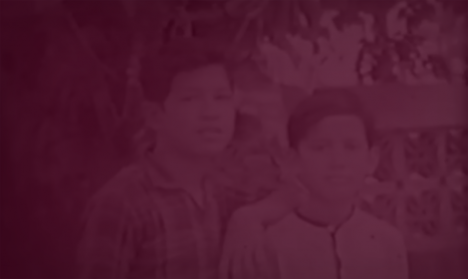





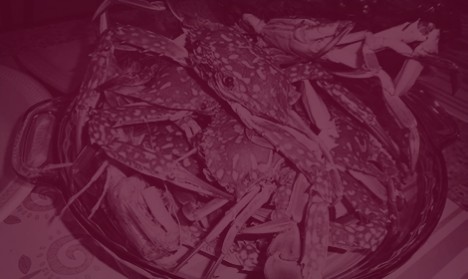





















.jpg)

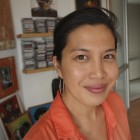



.jpg)
.jpg)
.jpg)

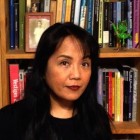
.jpg)
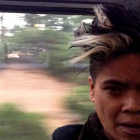
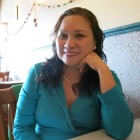



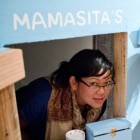

.jpg)
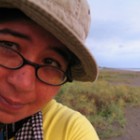
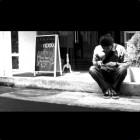
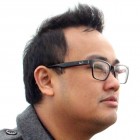
.jpg)

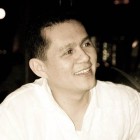
.jpg)
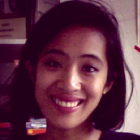
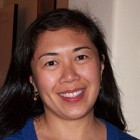
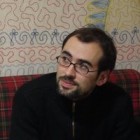
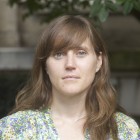
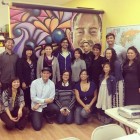
_Cropped.jpg)

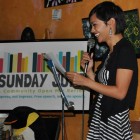
.jpg)
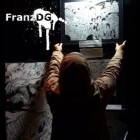

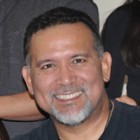
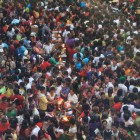

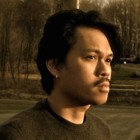
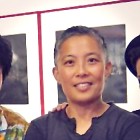
.jpg)
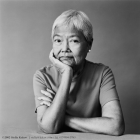
.jpg)
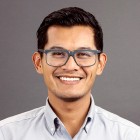
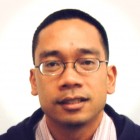
.jpg)
.jpg)
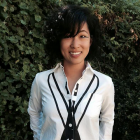

.jpg)
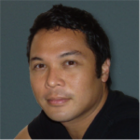

.jpg)
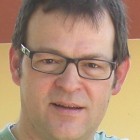

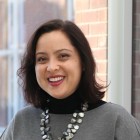

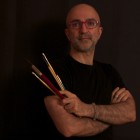


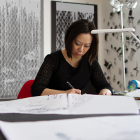
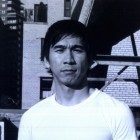

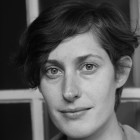
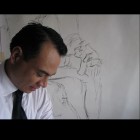
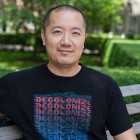
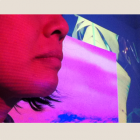
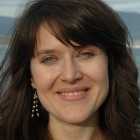
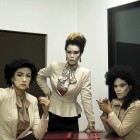
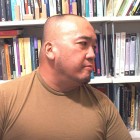
.jpg)

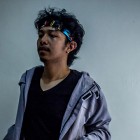
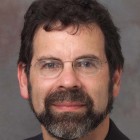
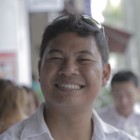
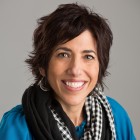

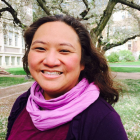

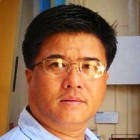

.png)


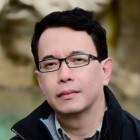

.jpg)
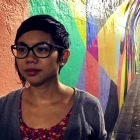
.jpg)
.jpg)
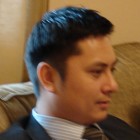
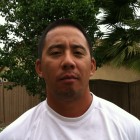
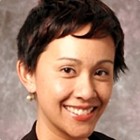
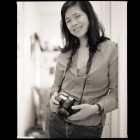
.jpg)
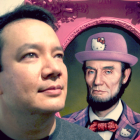
.jpg)
.jpg)

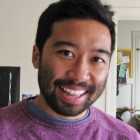

.jpg)

.jpg)
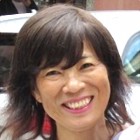
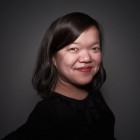
.jpg)

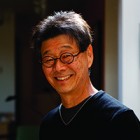
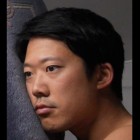
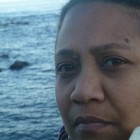
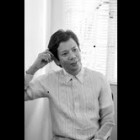
.jpg)

